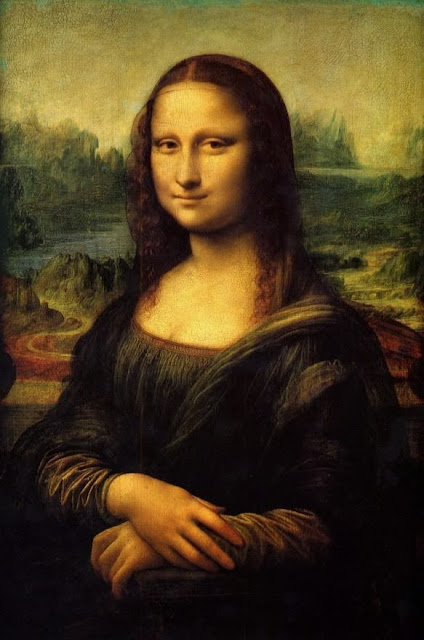Mozart at Age Six in Gala Dress, 1763 – Pietro Antonio Lorenzoni
In 1763, a painting that shows a portrait of a young Mozart has a Freemasonry sign. Observe it carefully as one of his hands was hidden which signifies the dedication of the painter to Freemasonry. This painting can be viewed at the Mozart International Museum in Salzburg, Austria.
Supper at Emmaus, 1601 – Caravaggio
In 1763, a painting that shows a portrait of a young Mozart has a Freemasonry sign. Observe it carefully as one of his hands was hidden which signifies the dedication of the painter to Freemasonry. This painting can be viewed at the Mozart International Museum in Salzburg, Austria.
Netherlandish Proverbs, 1559 – Pieter Bruegel the Elder
Flemish artist “Peter Bruege the Elder” painted this painting and it depicts different proverbs of Dutch. Originally called as “The Blue Cloak” or “The Folly of the World “or “The Topsy Turvy World” and “Flemish Proverbs. “At the time of the last count of the painting, around 125 proverbs were identified. Still housed at the Staatliche Museum in Berlin, Germany.
Mona Lisa, 1517 – Leonardo da Vinci
Best known artwork, painted by Leonardo Da Vinci, still housed at the Musee du Louvre in Paris,France.Different numbers and letters are displayed all over this painting with painter’s initials on the right side to the 72 number in the arch of the bridge at the neck.
The Prophet Zechariah, 1512 – Michelangelo
One of the high Renaissance religious paintings illustrates the minor prophet Zechariah. It portrays the tense relationship of painter with an effigy of Pope Julius II.A couple of angels behind the prophet are shown with one sticking his thumb between the middle and index fingers.
Separation of Light and Darkness, 1512 – Michelangelo
“Separation of Light and Darkness”- the last creation of Michelangelo, is one of the nine central panels in the ceiling of the Sistine Chapel. This seems a bit different from other eight panels as the creator have illuminated straight on it rather on the left inclined angle. All this because neck shows the correct depiction of the human brain. A strange lump shown in this picture represents man’s spinal cord as per the experts.
Creation of Adam, 1511 – Michelangelo
At the age of 17, Michelangelo, fascinated by the human anatomy and dissecting human corpses in church cemetery took inspiration from the human body to paint “The Creation of Adam”. His painting shows a precise description of human brain including the cerebellum and optic chiasm to the pituitary glands and the vertebral artery. It is one of the most renowned works in the Sistine Chapel.
David and Goliath, 1509 – Michelangelo
A high Renaissance painting “David and Goliath” made by Michelangelo on the ceiling of the Sistine Chapel in Vatican City. At a height of 14,000 square feet, this entire ceiling is considered as to have shapes that reflect the Hebrew alphabet. Observing this picture closely proves that the figures from the Hebrew letter gimel and ‘ letter’ means strength in the mystical Kabbalah tradition.
The Last Supper, 1498 – Leonardo da Vinci
Slavisa Pesci, a computer professional, declares that after superimposing a semi-transparent version over the original work, knights of Templar became visible on the table ends but still some tries to hold a baby at left of Jesus. Giovanni Maria Pala, a musician, stated that the hands and breads are absolute musical notes that forms a composition when read from right to left. Sabrina Galitzia, a musician, stated that this painting had a mathematical puzzle which indicates end of the world in 4006.For those who want to further scrutinize on this can visit Santa Maria delle Grazie in Milan, Italy.
Madonna with Saint Giovannino, late 1400s – Domenico Ghirlandaio
This painting shows a man in the background, protecting eyes from illumination of a mysterious flying object. Kept at the Palazzo Vecchio in Florence, Italy. It signifies that man are always thrilled by mysterious and bizarre creatures.
VIA Link 1






.jpg)




0 comments :
Post a Comment